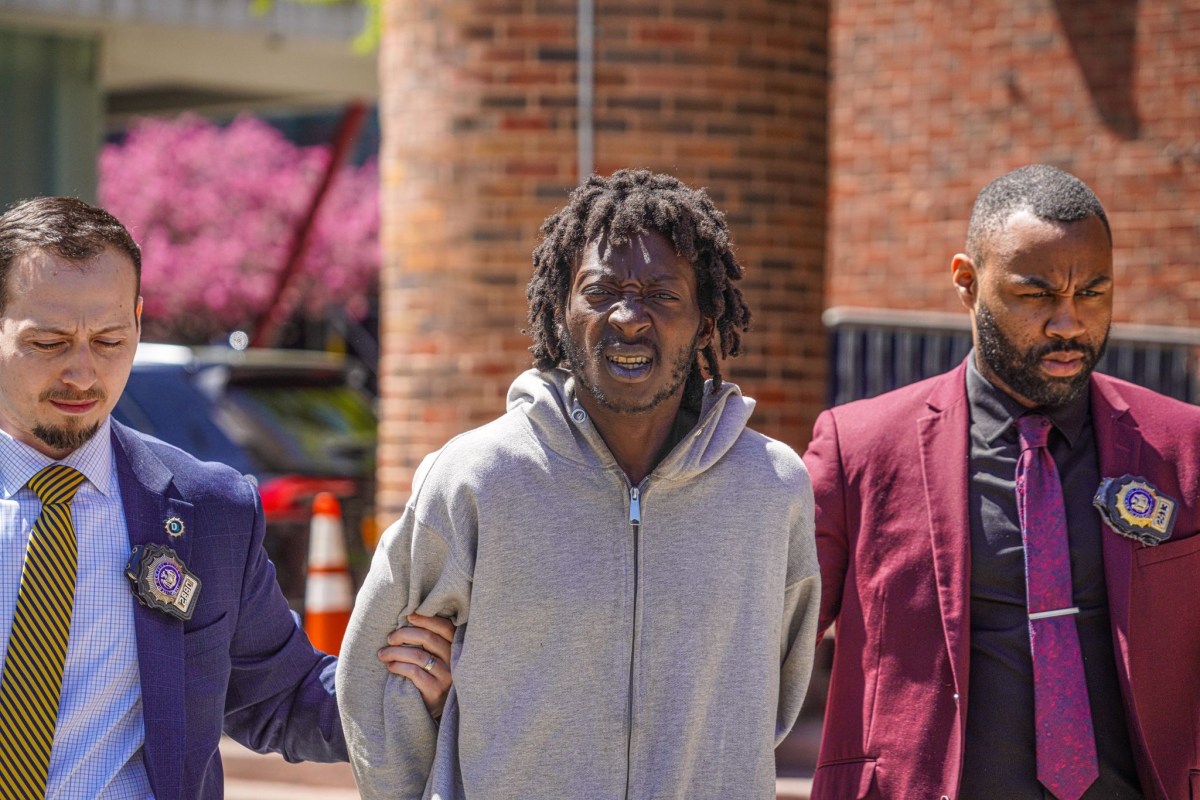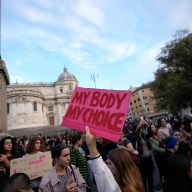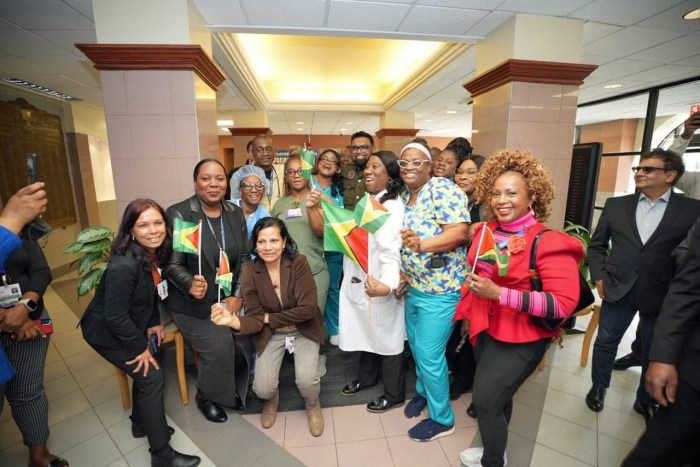 Detective Michael Oldmixon has worked on the NYPD Bomb Squad for 13 years. Credit: Miles Dixon/Metromo
Detective Michael Oldmixon has worked on the NYPD Bomb Squad for 13 years. Credit: Miles Dixon/Metromo
Running a city as large and dynamic as New York comes with a cost – sometimes that’s in the form of physical injury or in the worst cases, even death. The U.S. Bureau of Labor Statistics reported in December that 71 New York City workers died on the job in 2011, the highest number in . At the top of the most dangerous industries for workers were jobs in trade, transportation and utilities, followed by construction and government.
Metro examined five of the jobs where the threat of injury looms large.
In his 29 years of maintaining the third rail for MTA subway, New Jersey resident Richard Holley said that he knew one co-worker who was electrocuted and another who was struck by a train. “It happens infrequently now because of all the safety regulations put in place,” Holley, 52, said. To ensure the third rail is constantly powering subway cars, Holley and his colleagues work in shifts around the clock. But rubber mats, insulated gloves and insulated tools have not prevented the 600-volt rails from exploding and injuring workers. “You can’t put enough safety precautions there as long as we’re working on the rail live,” Holley said.
New York cab drivers are another group that often put their life at risk, from dealing with drunken passengers to regularly being robbed. Taxi driver and Queens resident Key Chun Kim was beaten into a coma on New Year’s Day after fighting with a passenger over a fare. The New York Taxi Workers Alliance is currently pushing a bill to make it a felony to attack a taxi driver.
Cab driver John McDonagh said he has several safety precautions he’s learned in his years driving the city’s streets. He never double parks behind a car so he can pull out quickly when danger strikes. “I had a guy put a gun to my head once,” McDonagh, 58, said. “He wouldn’t pay through the window.” A native of Queens, McDonagh has been driving taxis since 1977. “Most of the problems happen at night,” he said. “You try to avoid insanely drunk people.” But most challenges come from passengers who pretend to have no cash, disappear into apartments to get money or use counterfeit bills. McDonagh hopes the new taxi-hailing app “Hailo” will make his job safer as users pay fares beforehand.
The Sandhogs have been blasting through the city’s bedrock since building the Brooklyn Bridge in 1870. They are now constructing the Second Avenue tunnel, which exploded at 72nd Street last August. No one was injured, but in 2011 falling concrete killed Michael P. O’Brien, 26, a Sandhog working under Park Ave. Such deaths are rare, however. “In order to construct anything people are going to get hurt,” Sandhog business manager Richard Fitzsimmons said.
Keeping New Yorkers safe puts the lives of NYPD bomb squad workers at danger as they dismantle suspicious packages, including the Times Square car bomb from 2010. Staten Island resident Detective Michael Oldmixon, 50, has been on the bomb squad for 13 years. “We had a guy with improvised hand grenades on him. We had to hold him down and cut all the stuff off,” he said of a Bronx incident in 2002. With bomb-sensing robots and dogs, injuries are few, although the risk remains.
Being an ironworker, one of the people, who build the city’s bridges and skyscrapers is in the blood for Barry Collins.
“It’s a thrilling career,” Collins, 60, said. Since his grandfather became an ironworker in the 1920s, Collins’ father, brother and several uncles and cousins have followed suit. “It’s not an easy job. It breaks your body down,” said Collins, a long-time Yonkers resident. “Even if you don’t get seriously hurt you’re always breaking fingers.” Regularly moving steel pieces seven tons or heavier means fingers and toes are easily crushed. Trauma is another risk. “A guy falls 20 feet and he breaks his leg. It’s horrible,” Collins said. “You go to work and you pray that everybody goes home safe.”
















